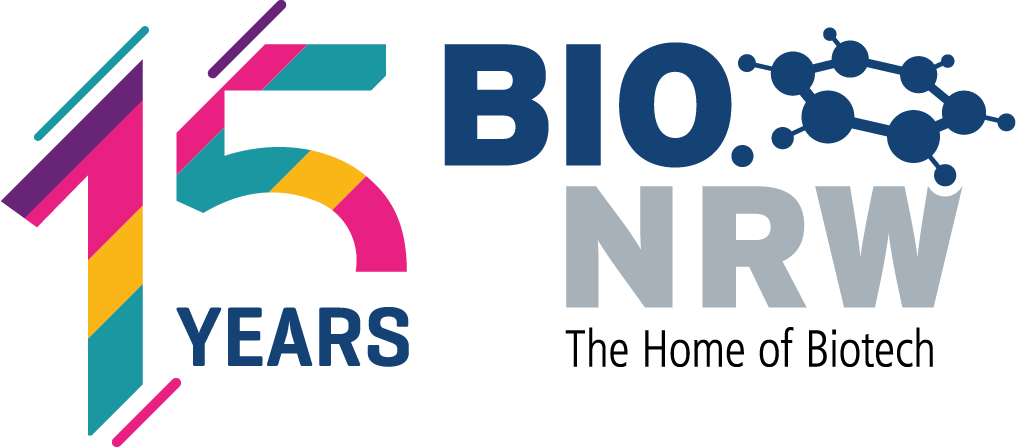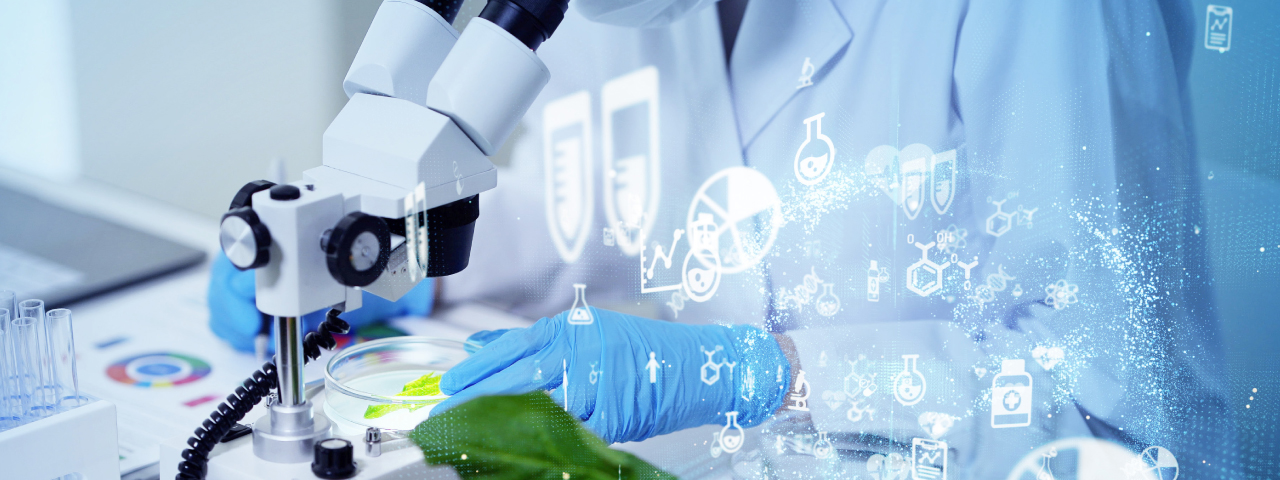
Webinar: Food Innovations with Biotech
The steadily growing world population is creating an ever-increasing demand for food. At the same time, crop yields are declining and more and more agricultural land is needed. This has negative environmental impacts, as forest areas are cleared and intensive forms of agriculture are practised, for instance. Food production is thus a major factor in climate change. To counteract this, innovative alternatives need to be developed.
But are there alternatives?
For thousands of years, biotechnology has been used as a natural process to produce food such as cheese, bread and beer. Yet so much more is possible, with recent developments showing that the potential of biotechnology goes far this. Today, biotechnology is used for specific applications in certain areas and has a still small market share in others. In the future, however, it could turn our food production upside down. So what will we be eating tomorrow?
In this webinar, we address the possibilities of biotechnology for food production and show which ingredients and products can be produced by biotechnological processes, as well as how this can contribute to climate protection. We look forward to your participation!
Our partner
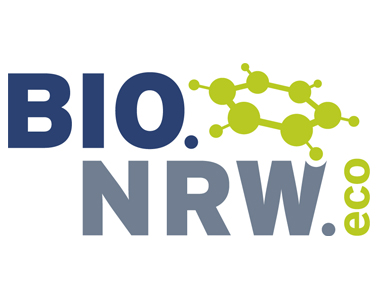
| 17.03.2022 9.30 am – 12.00 pm |
||
| Webinar | ||
| Book here (free of charge) | ||
| Programme | ||
| Contact for queries | ||
| Speakers |
Speakers
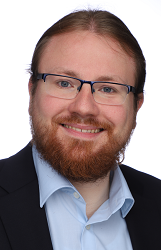
Dr Florian Meyer - Faculty of Biology & CeBiTec, Bielefeld University
Florian Meyer has studied life sciences and biotechnology at Westfälische Wilhelms-Universität Münster. His master and PhD thesis have dealt with the natural production of vanillin using the bacterium Amycolatopsis sp. ATCC 39116 in a joint project between the laboratory of Prof. Steinbüchel and Symrise AG. His goals were to engineer more productive strains and to also transfer these into larger scale fermentation processes. In 2019 he then started a Post-Doc position in the laboratory of Prof. Wendisch at Bielefeld University. His work here focuses primarily on establishing, optimizing and up-scaling fermentation processes within the Karotec project led by Dr. Nadja Henke. The Karotec project has the goal to establish Corynebacterium glutamicum as a host to produce carotenoids, especially astaxanthin, for both feed/food and cosmetic applications. Many of these caretonoids have anti-oxidant properties and convey health benefits to humans and animals. However, they are currently primarily produced from petrochemical sources.
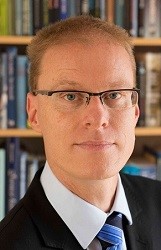
Dr Heiko Rischer - VTT Technical Research Centre of Finland Ltd.
Dr. rer. nat. Heiko Rischer is Research Team Leader of Plant Biotechnology at VTT Technical Research Centre of Finland Ltd. and Adjunct Professor in Pharmaceutical Biology at the University of Helsinki. He is an expert in plant cell and tissue culture techniques, analytics of secondary metabolites including metabolic profiling and the biotechnological production, up to industrial scales, of phytopharmaceuticals and other plant-derived compounds. Currently he has a strong focus on the development of plant-based Cellular Agriculture aiming at sustainable food production. During this presentation, he will present recent work describing case studies and the general principle of this potentially disrupting technology.
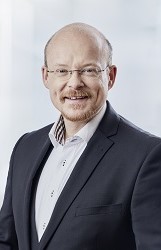
Dr Alexander Stephan - VAN HEES GmbH
Dr Alexander Stephan grew up in a butcher’s family. He took up the profession of butcher and trained professionally as a master butcher. After completing his vocational training, he studied food chemistry and toxicology at TU Kaiserslautern. Having completed his degree in 2009, Dr Alexander Stephan then started working in the spice industry as a product developer. After holding various positions in product development and quality assurance, he had the opportunity to complete his doctoral degree in food chemistry and food biotechnology at Justus Liebig University Giessen (JLU) alongside his employment. Since 2018, he has been head of the department of science at VAN HEES GmbH and is jointly responsible for future innovations in the food industry.
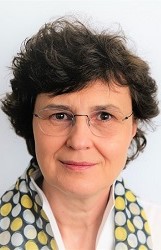
Prof. Dr Sabine Kulling - Department of Safety and Quality of Fruit and Vegetables at the Max Rubner Institut
Sabine E. Kulling is Head of the Department of Safety and Quality of Fruit and Vegetables at the Max Rubner Institut (MRI) and Honorary Professor at the Karlsruhe Institute of Technology (KIT).
She studied food chemistry and environmental toxicology and obtained her PhD in 1996 at the University of Kaiserslautern. A postdoctoral lecturing qualification (‘habilitation’) in food chemistry followed in 2002 at the University of Karlsruhe. From 2004 to 2009 she was Professor and Chair of Food Chemistry at the Universities in Hamburg and Potsdam. Sabine Kulling is member of the Senate Commission on Food Safety of the Deutsche Forschungsgemeinschaft (DFG) and of the Scientific Committee of the German Nutrition Society (DGE).
Since December 2019 she acts as coordinator of the bioeconomy innovation space NewFoodSystems (https://newfoodsystems.de/) funded by the Federal Ministry of Education and Research (BMBF).
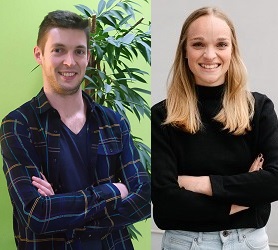
Anna-Lena Krug and Kevin Schmitz - QOA Company
We call it QOA – a sustainable, future-proof chocolate revolution that is 100 % cocoa-free and unbelievably delicious! Meet Lena and Kevin, two experts from our R&D team who will itroduce you to the WHY and HOW we do it.
Lena is a food technologist at the interface of sensory and textural research and product development at QOA. With her exquisite industry experiences from infant foods to elite athlete nutritional supplements, she propels the QOA R&D towards even more delicious, cocoa-free chocolate sensations. Lena holds a bachelor degree in Molecular Biology from JGU Mainz and a master degree in Nutrition from TUM.
Kevin is a biotechnologist with a strong focus on sustainable solutions inspired by nature. He graduated from TUM in Molecular Biotechnology as well as in Management & Innovation. At QOA, he is applying his hands-on knowledge acquired during research projects abroad and his PhD at TUM to generate a cocoa butter alternative based on microbial lipids.
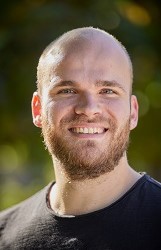
Dr Marcel Hövels - Institute for Microbiology and Biotechnology, University of Bonn
Marcel Hövels is a postdoc in the research group of Prof. Dr. Uwe Deppenmeier at the Institute for Microbiology and Biotechnology. He studied biology and microbiology at the University of Bonn and completed his PhD in spring 2021, in which he investigated the biotechnological production of the promising fructan polymer levan. An enzymatic production process for levan developed during his PhD was successfully patented at the European Patent Office. Currently Dr. Hövels is involved in the coordination of the BMBF-funded joint project IMPRES2, which aims at the sustainable production of sugar substitutes and prebiotics. In cooperation with RWTH Aachen University, Forschungszentrum Jülich, and Pfeifer und Langen GmbH this project will utilize the advantages of microbial and enzymatic catalysts to produce functional sugars in a sustainable way. His presentation aims to raise awareness that some of the sugar substitutes currently in use are not sustainable, and to highlight appropriate alternatives.
Book your Event here
Bildnachweis: metamorworks
Montage: it’s FR!TZ
